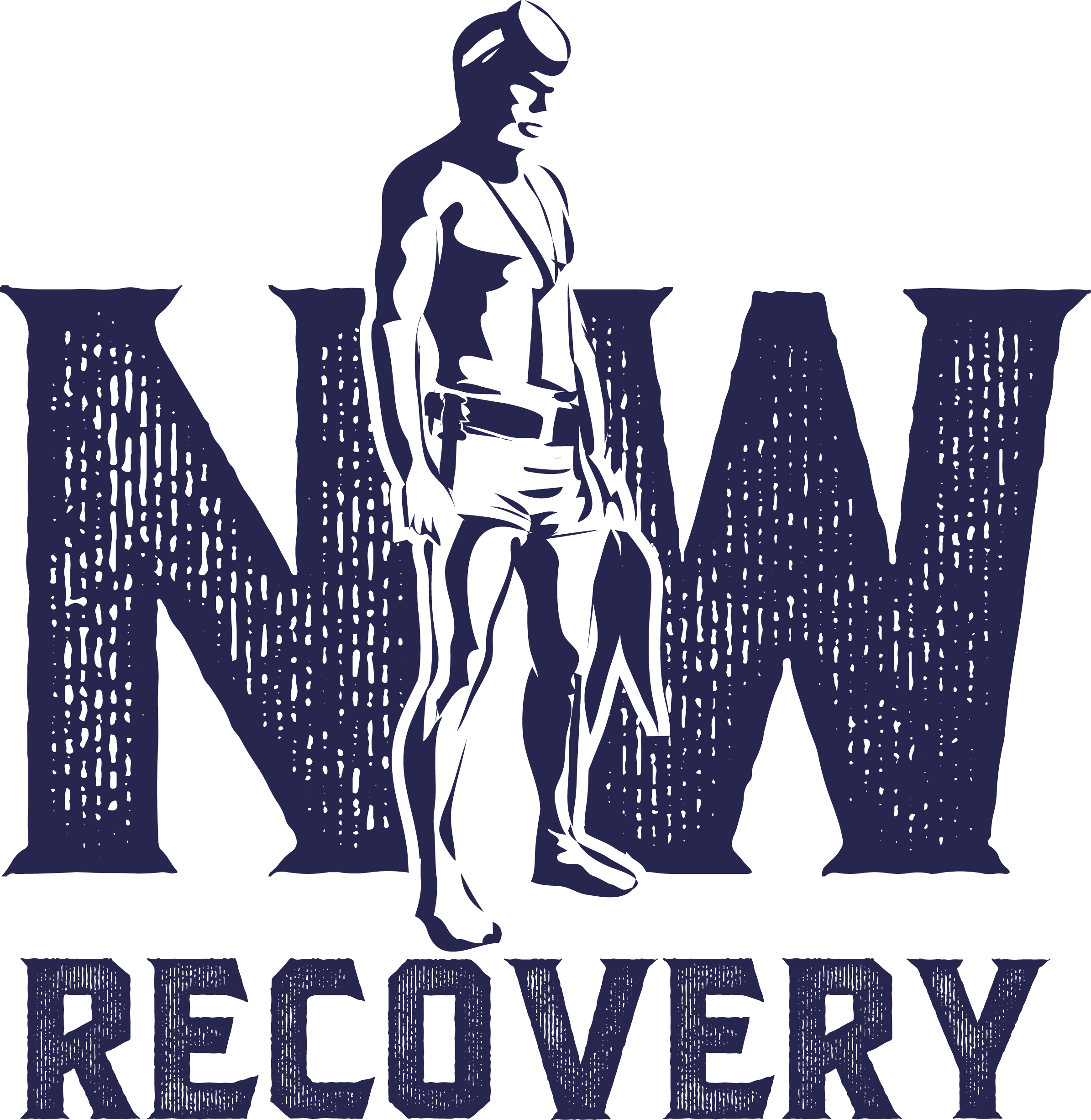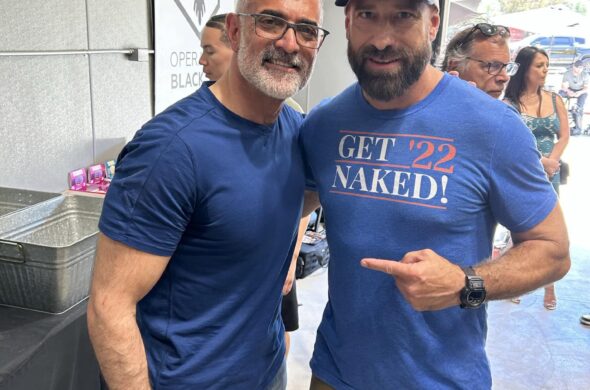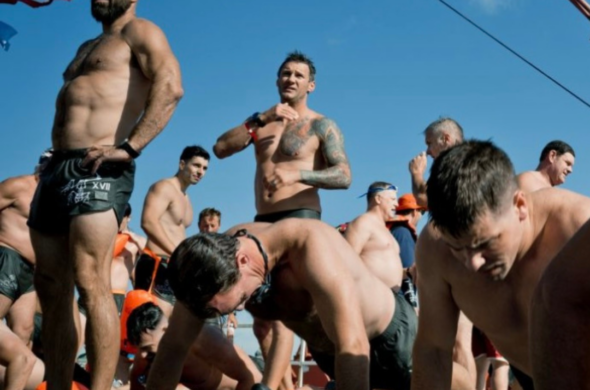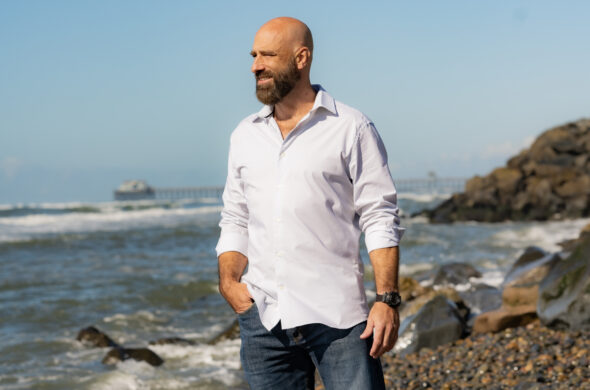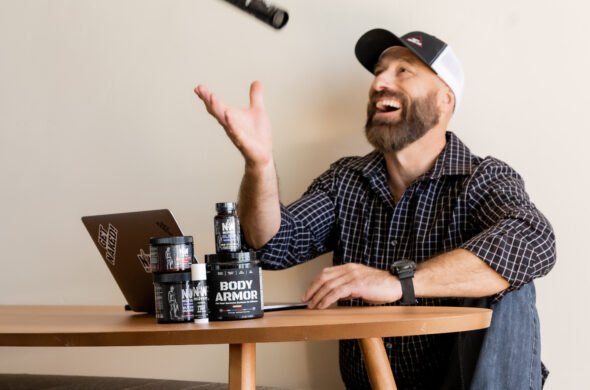Embracing Gratitude: A Navy SEAL’s Guide to Business Leadership
As a retired Navy SEAL, I’ve had the privilege of serving my country and undergoing rigorous training that has shaped my perspective on leadership. While my experiences in the SEAL teams have deeply influenced my approach to coaching business leaders, today, I want to focus on a universal principle that transcends military service—gratitude.
In the world of business leadership, gratitude is an often-overlooked yet potent force that can transform your mindset and create an abundance of opportunities. Let’s explore how embracing gratitude can change your leadership style and lead to remarkable outcomes.
A Shift in Mindset: The Gratitude Advantage
Leadership in the business world can be demanding, with challenges that test your resilience and decision-making skills. Gratitude is the key to unlocking a positive mindset in the face of adversity.
Fact for Business Leaders: Research has shown that practicing gratitude can enhance emotional well-being, reduce stress, and improve problem-solving abilities—qualities that are invaluable for effective leadership.
Testimonial from a Business Leader: John, a CEO, shares, “As a business leader, I often faced setbacks and high-pressure situations. When I began incorporating gratitude into my leadership style, I noticed a profound change. I became more adaptable, better at finding solutions, and my team’s morale and performance improved significantly.”
Enhanced Decision-Making: Gratitude as a Decision-Making Tool
Effective decision-making is at the core of leadership. Gratitude can sharpen your decision-making skills by helping you see the abundance of choices before you.
Fact for Business Leaders: Studies indicate that leaders who practice gratitude tend to make more informed and strategic decisions, leading to improved business outcomes.
Testimonial from a Business Leader: Sarah, a business leader known for her strategic acumen, explains, “Gratitude has guided me in making decisions that have propelled my company forward. It has enabled me to identify hidden opportunities, build lasting partnerships, and navigate challenges with a clear focus on long-term success.”
Building Stronger Relationships: The Gratitude Connection
In the business world, fostering strong relationships with employees, clients, and partners is paramount. Gratitude can be the bridge that strengthens these connections.
Fact for Business Leaders: Expressing gratitude in the workplace is known to boost employee engagement, loyalty, and productivity, ultimately leading to better business performance.
Testimonial from a Business Leader: Mike, a business leader who values his team, shares, “Gratitude has transformed my leadership style. My employees feel valued and motivated to contribute their best. This positive atmosphere has not only improved our internal culture but has also attracted loyal clients and partners.”
Attracting Abundance: The Gratitude Mindset
Business leaders often strive to attract abundance in the form of opportunities, growth, and success. Gratitude is a powerful magnet for abundance, drawing in the resources and support needed for sustainable growth.
Fact for Business Leaders: A grateful mindset tends to generate optimism, which in turn attracts investors, collaborators, and opportunities for business expansion.
Testimonial from a Business Leader: Lisa, an entrepreneur, shares, “When I shifted to a gratitude mindset, I noticed a profound shift in my business. I began to see opportunities where I once saw obstacles. Investors started showing interest, and my business received the funding it needed to thrive.”
As I continue coaching business leaders, I’ve witnessed the transformative power of gratitude in leadership. By embracing gratitude in your daily leadership practices, you can reshape your mindset, make better decisions, build stronger relationships, and attract abundance to your business. So, incorporate gratitude as a fundamental tool in your leadership journey, and watch your business thrive and your team flourish.
